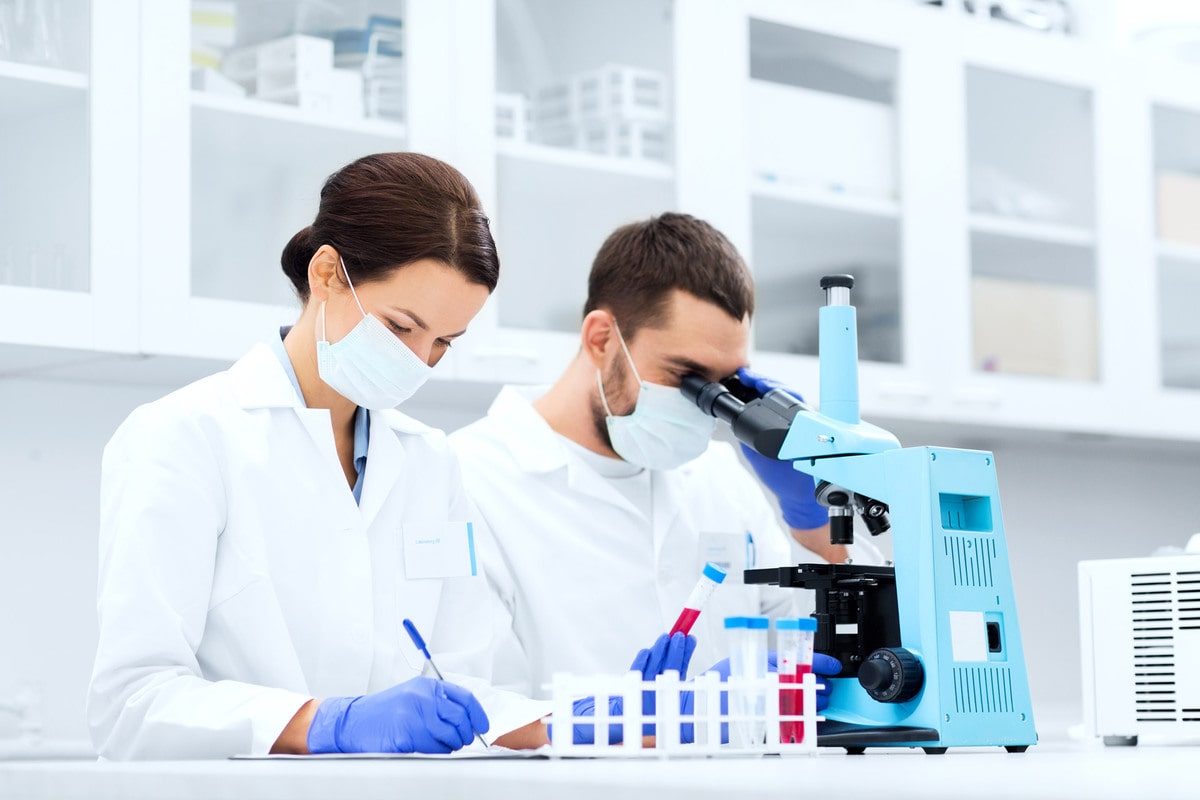Nowadays, the state governments lay more stress on prescription monitoring programs (PMPs). In such a scenario, the healthcare facilities have to test and prevent the abuse of commonly prescribed medicines.
However, they have one major dilemma. Whether to work with a drug confirmation or a toxicity testing labs?
Here, we tell you the difference between the two lab services and what each of them accomplishes.
A drug confirmation lab only verifies the drug usage
The facilities of this lab are used by public safety personnel or the potential employers to check for the use of illicit drug substances in an individual. However, these labs provide none information on the following aspects:
- They don’t cover all the commonly abused prescription medicines
- How much of a substance has been ingested by an individual?
- Information about individual substances in a combination drug
A toxicology lab measures the extent of the drug use
Toxicity testing labs use a combination of testing methods to detect illicit drugs, prescription medications, and even those substances which cause a cross-reaction. They can also provide information on how much of the drug has been absorbed or metabolised in the patient’s body.
Thus, the initial screening process can be carried out in a drug confirmation lab followed by advanced testing in toxicology labs. When both are used together, it will help the physicians to create economical and effective PMPs.

